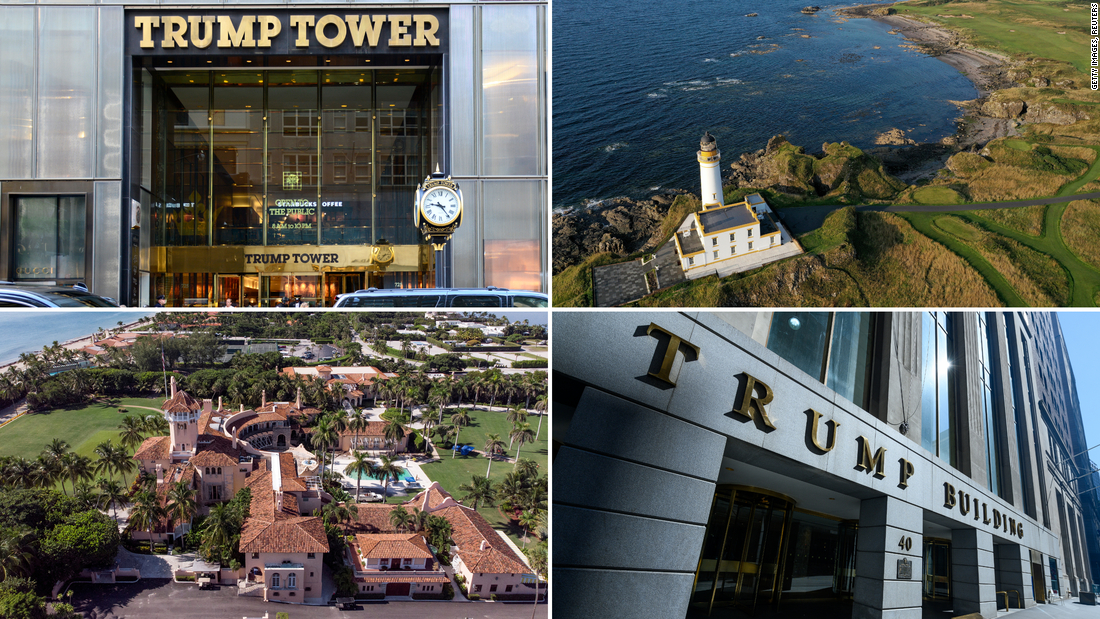
1. Mar-a-Lago
2. Trump Tower
3. Trump Park Avenue
Trump Park Avenue was appraised in 2010 to be worth approximately $72.5 million, according to the lawsuit. But Trump’s company claimed in subsequent financial statements that the property was worth roughly $292 million, according to the lawsuit. The property near Central Park includes high-end residential units, commercial spaces and storage spaces.
4. Trump Old Post Office (Now: Waldorf Astoria Washington DC)
5. Trump International Hotel and Tower — Las Vegas, Nevada
The Trump hotel in Las Vegas — a hotel condominium of which Trump owns half — had misleading financial statements between 2013 and 2021, the suit alleges, due to income projections based on the sale of residential units that assumed prices much higher that what units were selling for, among other reasons.
6. 40 Wall Street
James also highlighted what she says happened with 40 Wall Street, a property in New York City’s financial district, which is referenced dozens of times in the lawsuit. Trump’s company got appraisals for the property in 2010 and 2012, which found that it was worth $200 million and $220 million respectively, according to the lawsuit. But Trump’s company repeatedly claimed that the property was worth a lot more in its official financial statements, according to the lawsuit.
7. Trump golf courses
The lawsuit argues the Trump Organization also used a variety of deceptive or inappropriate methods to inflate the value of Trump’s golf courses. For example, the organization added 30% to the value of various golf courses to account for a Trump “brand premium,” despite what the suit describes as rules against such practices. Trump claimed a club, Trump National Golf Club, Jupiter, purchased for $5 million in 2012 jumped to a worth of a $62 million in 2013.
8. Licensing deals
Many of the Trump Organization’s ventures involve licensing deals, in which another party owns the property and pays Trump to use his brand. The lawsuit alleges that Trump’s business inflated the value of its overall licensing business by including “speculative and non-existent deals” between 2015 and 2018. Some of those speculative deals involved potential overseas arrangements. The suit argues that including them in the valuations in 2016 and 2017 was misleading because the Trump Organization purportedly stopped seeking foreign deals after Trump took office. The licensing deals’ value were further boosted by including deals between business entities owned by the Trump Organization, according to the suit. According to former Trump Organization CFO Allen Weisselberg, “licensing was generally handled by Ivanka” and brothers Donald Trump Jr. and Eric Trump were well aware of the actual revenue derived from licensing in general, according to the lawsuit.
CNN’s Marshall Cohen, Katelyn Polantz and Tierney Sneed contributed to this report.
